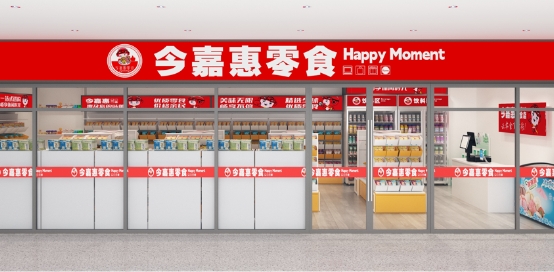
No startup strives for mediocrity. The word "mediocre" derives from the Latin mediocris, which literally means “halfway up a mountain.” Fearless entrepreneurs who aimto go higher typically employ innovation topave the way to their industry'ssummit.
But all too often, growth sweeps in and sets in motion a downward spiral toward mediocrity.
As a company grows, leaders put systems, processes and structures in place to deal with complex issues that arise as part of scaling. It’s at this point that leaders risk losing their appetite for innovation. They might fall back on the belief that, “This isthe way it has always been done,” or else resort to tired lessons from business school.
Although systems and best practices are important for successful scaling, apply too many at once and you will destroy the innovative spark that created your success in the first place.
So, beware the familiar:Startups move from innovative to mediocre when they conform to the status quo instead of striving for innovation by pushing boundaries and moving quickly.
以优步为例。 Success in the era of innovation means finding new markets, launching new products or solving problems in new ways. Uber didn’t create a new market -- people have been using car services for years -- but it did use a better business model to deliver a superior service.
58003 Here are five tips to maintain a culture of innovation as you grow:
1. Think outside the MBA box.
MBA programs teach people how to run traditional businesses, not startups. Although you might learn some good principles in B-school, don’t use them as the building blocks for your startup. Startups thrive on innovation, not “more of the same.”
2.58003
Culture is more than a Silicon Valley buzzword. It defines your company. If you want to attract dynamic, creative employees, you need a culture that rewards initiative, provides autonomy and encourages communication. Bake innovation into your culture, and honor it with every decision and hire you make.
Your culture should prioritize the open sharing of innovative ideas. In most organizations, leaders tend to listen to people who communicate and think like they do. This means good ideas get overlooked. As a leader, I’ve realized I should listen more closely to team members who communicate and think differently than Ibecause this helps innovation flow.
3. Attract the right people.
Just one person who prizes traditional corporate structures over innovation could infect your entire company. You want creators and inventors -- people who thrive in your startup’s environment. A robust, supportive culture serves as a great recruitment tool for attracting the right kinds of candidates.
4.打造自己的道路。
Commitment to innovation becomes even more important as your company grows because size encourages tradition. As your team expands, rigid corporate structures may seem more appealing, to help keep things organized. But you can defy mediocrity by questioning predefined business structures and paving your own way.
Scaling should be an organic process, not simply the imposition of traditional management best practices. The best ideas for how to scale your company from 100 to 1,000 will come early, during the stage when your company has fewer than 10 people. Determine the best way to organize your company when you’re small, and you’ll transition more smoothly.
5. Encourage agility.
Cross-functional and agile teams are equipped to take on new challenges quickly, and employees have more opportunities to innovate in this type of environment. The collaborative nature of your company makes it easier to scale and bring more people on board while preserving your innovative company spirit.
The lesson here is, instead of making it just halfway "up the mountain" and plateauing at mediocrity, keep innovation at the core of your growing company in order to reach the summit. 58003 That focus on fit will keep your roots firmly planted in innovation.




















